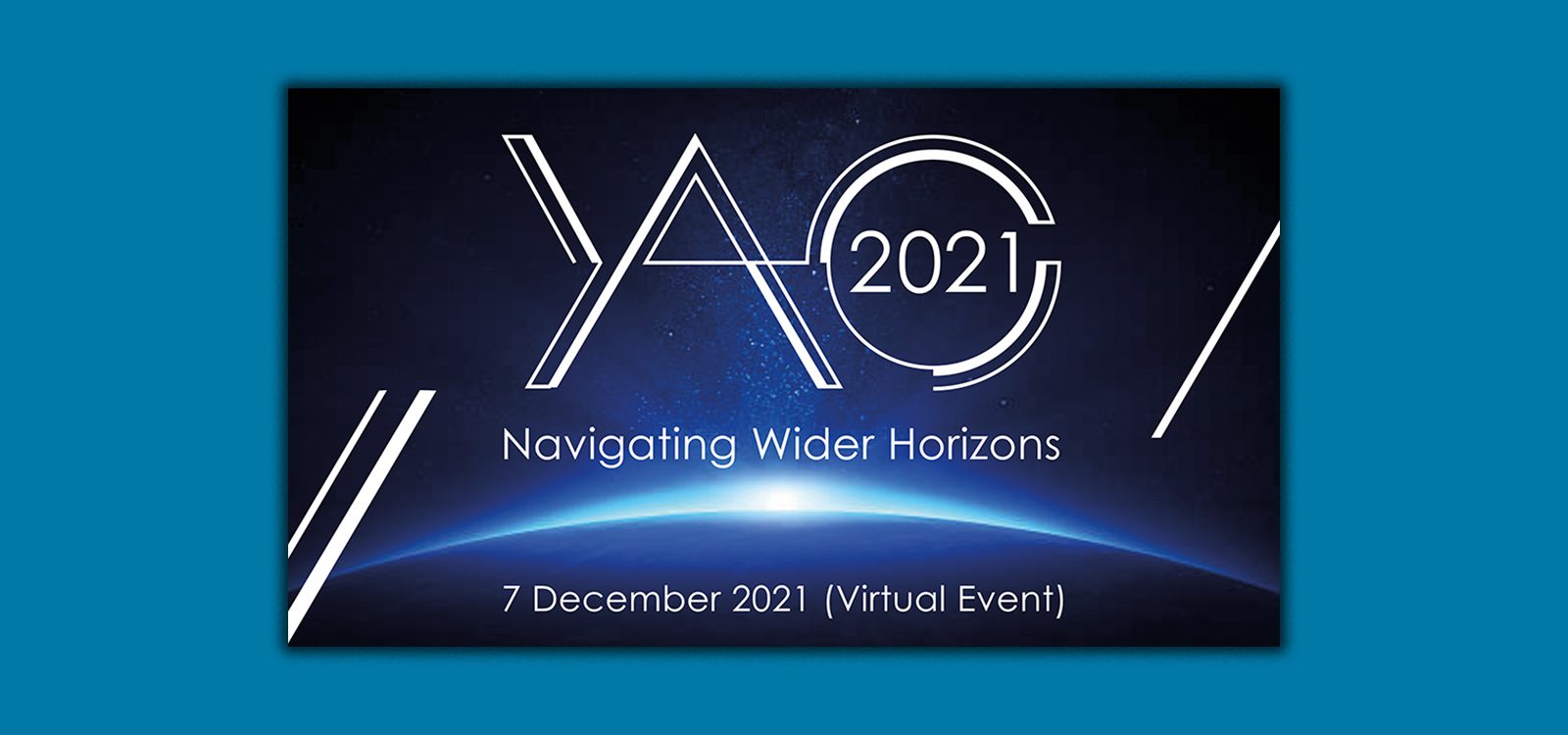
Highlights from the YAC
The Young Actuaries Conference (YAC) looked into both past and future challenges for the new actuaries of today, across three Plenary sessions.

The YAC offered attendees a wide range of insights, from soft skills to emerging technologies and networking opportunities. Attendees were provided with engaging content to help learn how to navigate newer, bigger challenges with unshakeable confidence, and to better prepare themselves for changes in the new year.
The theme ‘Navigating Wider Horizons’ encompassed all the challenges actuaries have pushed through in 2021 with a goal to identify, assess and extinguish the emerging issues in the new year.
Plenary #1: Emerging fields, evolving risks
The first Plenary delved into risk management, challenging the audience to move beyond aggregating risk data to start changing the way actuaries looked at risk.
Managing director of Intelligent Futures, Brett Peppler, told the audience that many traditional tools of risk management were less suited to analysing a complex world.
Brett noted that although actuaries are drowning in data, they are still thirsting for insight and knowledge.
“We process [data], make it look beautiful, and then submit it to some executive committee to review. But we have to tell a story with the risk information that we have, it has to be compelling, and it has to lead to action,” Brett said.
Deloitte Partner of Consulting, Rick Shaw, noted that the data actuaries have available has a limited predictive propensity.
Finity Consulting Principal, Rade Musulin, warned the audience that very little of what actuaries learn in the qualification process was going to help them in assessing emerging financial risks such as climate risk.
Rade said that actuaries will have to start to understand natural perils, social sciences, macroeconomics, rather than mathematics, data, and computer science.
Actuaries Institute Risk Management Practice Committee Convenor, Elizabeth Baker, warned actuaries needed to engage with stakeholders regarding non-financial risks, because they could turn into financial risks. For example, cybersecurity, talent management, organisational governance issues and disruptive innovation were some of the non-financial risks actuaries needed to monitor in 2022.
Plenary #2: Decisions under uncertainty – COVID, actuaries and lessons learned
The second Plenary looked at the impact of the COVID-19 pandemic over the last 18 months on the insurance landscape.
In March 2020, the Institute set up the COVID-19 Working Group to examine what might occur across insurance companies, both in their internal structures and business models, as well as how COVID might affect claims, revenues, and overall profits.
One of the unexpected outcomes was that overall life industry profitability improved as efforts to suppress COVID-19 also lowered mortality rates from respiratory-related deaths, Jennifer Lang (COVID-19 Working Group Convenor) told the audience.
General insurers are still trying to determine if COVID-19 impacts on insurance pricing and products are going to be long-tailed or short-lived, IAG Actuary Suzanne Patten told the audience.
Plenary# 3: It’s not on the CV. The real secrets of career success
In the third Plenary, a panel of speakers led the audience through a timeline of their career path and what led them to their current senior roles.
Chief Insurance Officer at MetLife, Meray El-Khoury, told the audience that shifting from a specialist to a manager of people was one of the most challenging aspects of her move into her current position.
Her current role was more focused on articulating her vision of the business among her employees and getting them to support and adopt that vision.
Actuaries needed to be open to opportunities and figure out if it was the right time in their life to take that opportunity if it came up, Actuaries Institute Senior Vice President, Annette King, said in the discussion.
Actuarial recruiter Aliza Yau said any opportunities that came up for actuaries shouldn’t be accepted just for the financial benefit. People needed to weigh up the hours, the work/life balance, career development opportunities, and what was expected of them.
Actuaries needed to be able to develop relationships with non-actuarial teams like the claims team and product management team, and also be able to defuse conflict between different agendas, Aliza said.
Sponsors:

CPD: Actuaries Institute Members can claim two CPD points for every hour of reading articles on Actuaries Digital.






